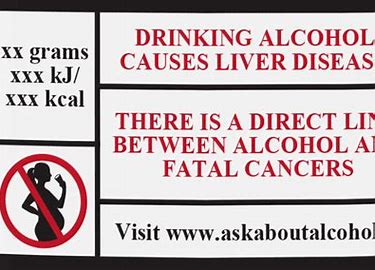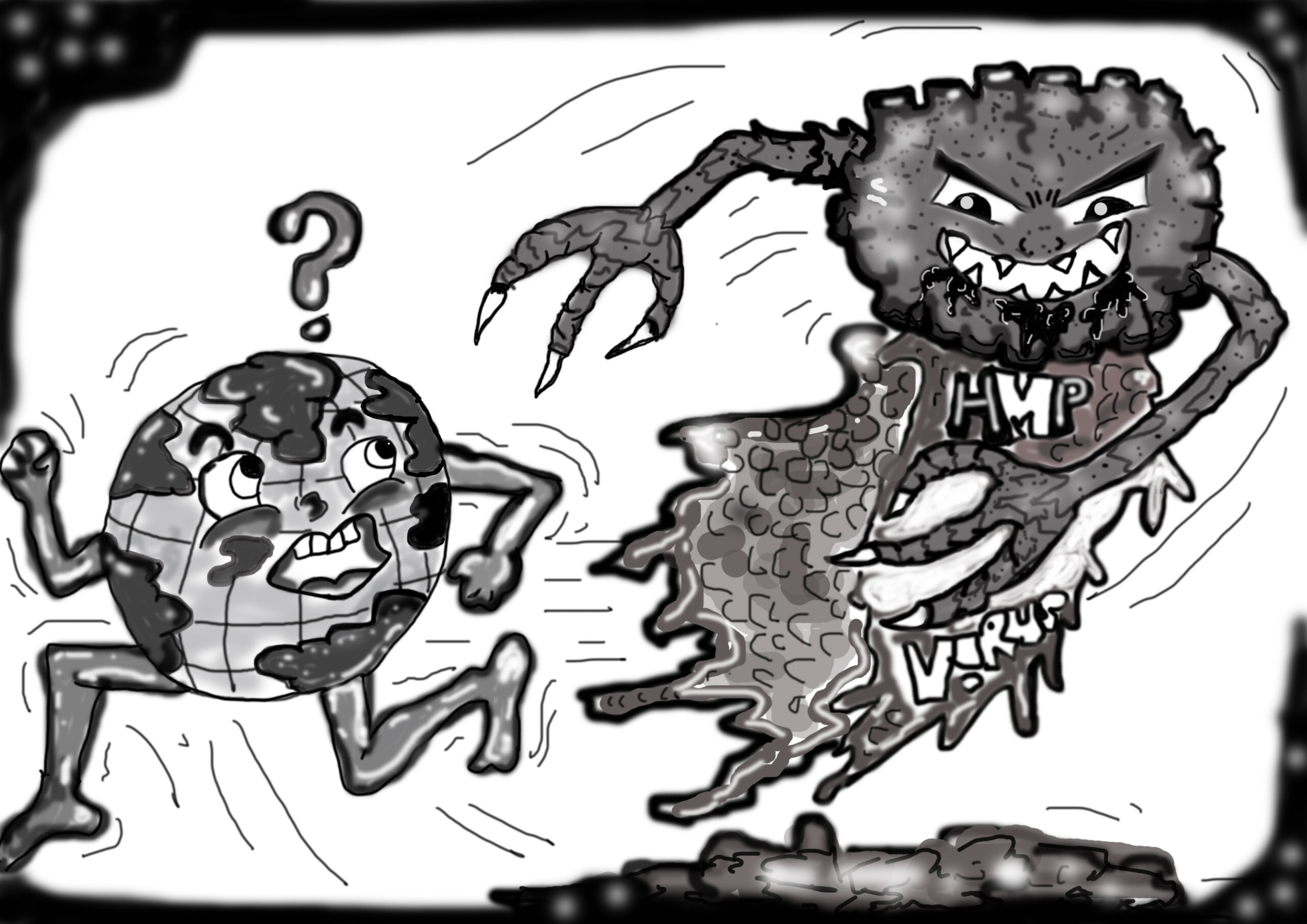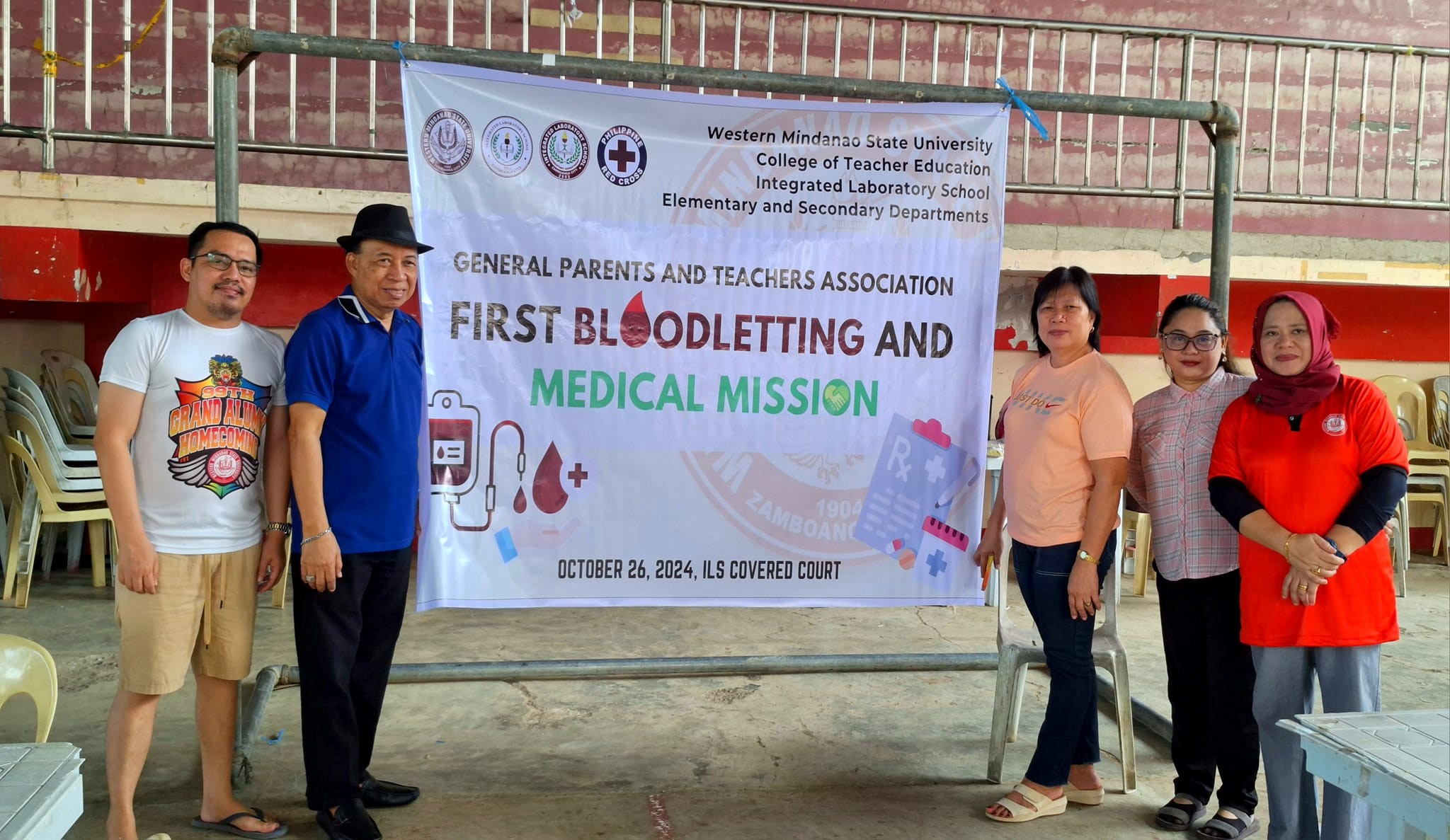Sheilla Lee
Accidents can strike at any moment, without warning, leaving a trail of devastation and heartbreak in their wake. They can occur in an instant, on any given day, at any hour, and to anyone. It is a harsh but unfortunate reality that we must all face. Despite our best efforts to anticipate and prepare for the unexpected, accidents can still happen unannounced, catching us off guard and leaving us reeling.
From sudden medical emergencies to freak car accidents, from fires to natural disasters, the possibilities are endless and often unpredictable. The reasons for accidents are just as varied, from human error to sheer bad luck. Whatever the cause, the consequences are often severe, resulting in injury, loss of life, and long-lasting trauma for those affected.
In the face of accidents, it is essential that we take a proactive approach to preparation and response. This means being aware of potential hazards, knowing what to do in the event of an emergency, and having a plan in place for unexpected events. It also involves being prepared to adapt to changing circumstances and responding quickly and effectively when disaster strikes.
One of the most critical steps in mitigating the impact of accidents is through education and awareness. Parents, teachers, and community leaders must work together to teach children and adults alike about the importance of safety and preparedness. This includes educating people about how to prevent accidents, such as wearing seatbelts, using fire precautions, and being mindful of potential hazards in the home and on the job.
Additionally, governments and emergency responders must also play a crucial role in preparing for and responding to accidents. This includes investing in emergency services, infrastructure, and training for first responders. It also involves engaging in emergency preparedness exercises and drills to ensure that everyone is equipped to respond effectively in the event of an emergency.
Moreover, advances in technology have made it possible to mitigate the impact of accidents through innovative solutions such as smart homes, autonomous vehicles, and wearable devices. These technologies have the potential to reduce the risk of accidents occurring in the first place, and to provide critical support and assistance in the event of an emergency.
Finally, accidents also serve as a stark reminder of the importance of empathy and compassion in the face of tragedy. As a society, we must come together to support those affected by accidents, providing comfort, care, and resources to help them rebuild and recover.
In conclusion, accidents happen unannounced, and we must be prepared to respond. By prioritizing education, awareness, and preparedness, as well as embracing innovative technologies and providing support and resources to those affected, we can mitigate the impact of accidents and create a safer, more resilient community for all.















